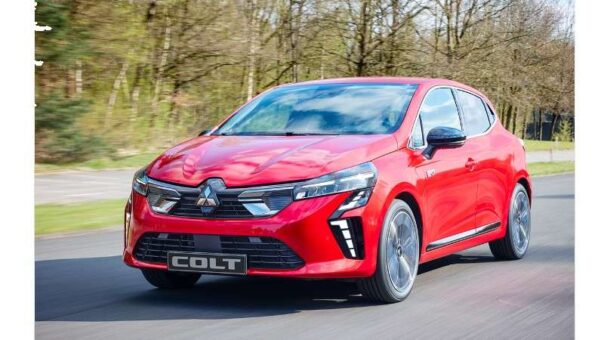Mitsubishi Motors Corporation has officially ceased operations at its Chinese joint venture, Shenyang Aerospace Mitsubishi Motors Engine Manufacturing Co., Ltd. (SAME), ending a collaboration that spanned over two decades.
Established in August 1997, SAME began manufacturing engines in 1998 and significantly contributed to the growth of China’s automotive sector. The plant supplied engines not only for Mitsubishi-branded vehicles but also for a range of Chinese automakers.
However, due to the fast-evolving landscape of China’s auto industry—especially the sharp pivot toward electric and new energy vehicles (NEVs)—Mitsubishi Motors has reevaluated its strategy. The company has now officially terminated its partnership in the joint venture.
Mitsubishi’s exit reflects the challenges many global automakers are facing in the Chinese market, where demand for traditional internal combustion engine (ICE) vehicles is rapidly declining. Local manufacturers are swiftly gaining ground by embracing electric mobility and digital innovation.
In a press statement, Mitsubishi Motors explained that its decision was driven by a strategic shift aimed at prioritizing electrification and sustainability. “The Chinese automotive market is undergoing a significant transition, and we must realign our resources to remain competitive in this new era,” the company stated.
This move also aligns with Mitsubishi’s broader plan to expand its footprint in the electric vehicle (EV) sector, focusing on emerging technologies and markets where electrification is accelerating. The company has been investing heavily in plug-in hybrid and battery-electric vehicles as part of its long-term growth strategy.
The closure of SAME not only marks the end of an era for Mitsubishi’s traditional manufacturing operations in China but also underscores the intense pressure global carmakers face in adapting to China’s rapidly transforming auto market.
As Mitsubishi Motors turns its attention toward innovation and sustainability, the company aims to strengthen its position in markets that are more aligned with its electrification roadmap. The decision to exit the SAME joint venture highlights the automaker’s commitment to future mobility trends and a reduced carbon footprint.
With this shift, Mitsubishi Motors joins a growing list of global automotive companies reshaping their China strategies amid sweeping industry change.
